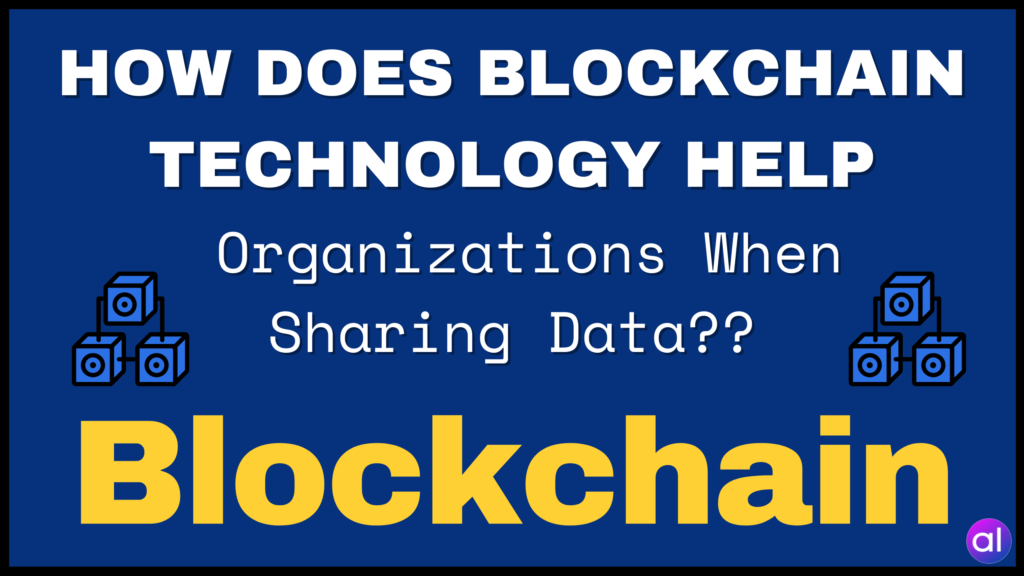
In the ever-evolving digital landscape, the government and public sector face challenges in managing identities securely and efficiently. Traditional identity management methods struggle to keep up with modern governance demands, leaving sensitive information vulnerable to breaches. Enter blockchain technology, a revolutionary solution offering decentralized control, enhanced security, and transparent data management. This article explores the transformative potential of blockchain-based identity management tailored to the specific needs of the government and public sector. By examining the benefits, challenges, and innovative applications, we uncover how blockchain is reshaping identity management in the contemporary era.
Understanding Blockchain-based Identity Management
Blockchain, the technology behind cryptocurrencies like Bitcoin, is a decentralized and immutable digital ledger. It operates on a distributed network of computers, or nodes, where each transaction or entry is cryptographically linked and secured. This foundational technology is utilized to create robust identity management systems.
The Significance of Government and the Public Sector
Governments and public sectors play vital roles in modern societies, responsible for various critical functions:
- Service Delivery
- Regulation and Legislation
- Economic Management
- National Security
How can Blockchain transform the Government Sector?
The increasing interconnectedness of today’s world has not only generated vast amounts of data but has also fundamentally changed how the economy operates. In this era of constant change and economic evolution, governments must become more accessible, efficient, cost-effective, and real-time, resulting in a citizen-centric government. To achieve this transformation, the adoption of a secure blockchain architecture and other related technologies is imperative.
Limitations of Blockchain in the Public Sector
While blockchain offers traceability, efficiency, and security benefits, certain uncertainties persist in its application within the public sector. Some limitations include:
- Data immutability
- Scalability and energy consumption challenges
- Limited familiarity with blockchain technology
Blockchain Use Cases in Government and the Public Sector

Explore various applications of blockchain technology in government and the public sector:
- Smart city
- Central Banking
- Validation of Educational and Professional qualifications
- Tracking Vaccination
- Tracking student Loans and Grants
- Payroll Tax collection
What are the Advantages of Blockchain in the Government and Public Sector?
A blockchain-based digital identity enhances data protection, streamlines processes, eliminates fraud, and fosters trust and accountability. By leveraging a distributed ledger secured by cryptography, individuals, businesses, governments, and the public sector can share resources in a secure environment.
Challenges and Considerations in the Government and the Public Sector?
- Legacy System Integration
- Regulatory Frameworks
- User Education and Acceptance
- Scalability and Performance
In conclusion, blockchain-based identity management offers the potential to enhance user experience and security across various sectors. While traditional identity management systems rely on centralized databases vulnerable to breaches, blockchain technology provides a decentralized and secure platform for managing digital identities. Addressing challenges such as scalability, regulatory compliance, and privacy concerns is crucial for realizing the full potential of blockchain-based identity management. With ongoing advancements and research, blockchain technology has the capacity to revolutionize identity management and empower users with greater security and control over their digital identities.



